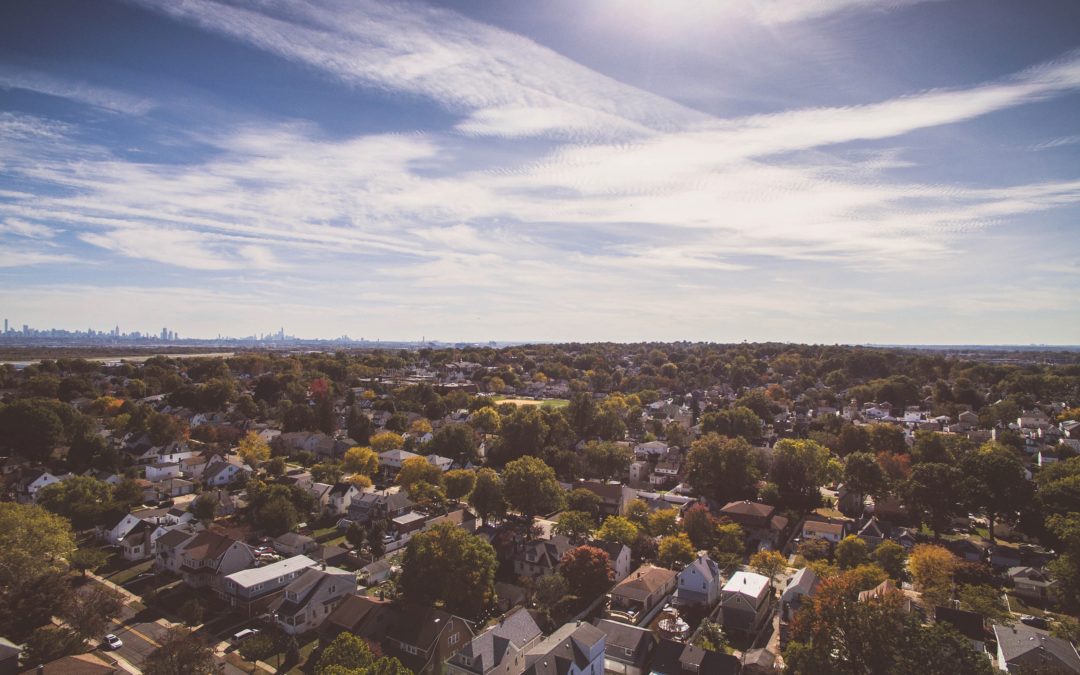As community builders, we each shape our world in our own unique way. We join fun activities or peer groups that align with our hobbies or business interests and expand our networks. This engagement can also position us to make a positive impact in our community.
Urban Land Institute has helped me shape my community.
ULI is the largest network of cross-disciplinary real estate and land use experts in the world. It provides leadership in the responsible use of land and in creating and sustaining thriving communities. ULI has helped me meet peers from across the country. It has also introduced me to larger concepts and excellent examples of sustainability, trail-oriented development, urban magnets, and building healthy places.
ULI’s Nashville District Council was just starting when Nashville community and commercial real estate leader Bert Mathews twisted my arm to join the organization in 2008. It was a busy time, so I told Bert I could only make a one-year commitment to the local district council he and a handful of others were establishing. Ten years later, I am deeply engaged and serving my second year as ULI Nashville’s chair, an organization that has grown to 750 local members.
Going Green Across Our City
One of the most impactful ULI programs for me was when Ed McMahon, a ULI senior resident fellow, spoke to the Nashville chapter about energy efficiency. He said approximately 45 percent of Nashville’s energy was consumed by buildings (New York City was at 70 percent). Ed explained about carbon emissions from heating, cooling, lighting and operating buildings and pointed out that 85 percent of today’s buildings will exist in 2030. No one was thinking about energy efficiency when homes were built in the 1900s. But, if we retrofit our homes to increase energy efficiency, we could become less dependent on fossil fuels and shrink our carbon footprint.
That program encouraged me to volunteer to chair a ULI sustainability committee. Our committee hosted the team that retrofitted the Empire State Building to share their knowledge. Based on their lessons, we decided to focus on retrofitting homes. This would help us attain tangible results quicker while educating the community about sustainability.
We leveraged partnerships with Nashville Electric Service and the Tennessee Valley Authority and teamed with local universities and council members to take our Go Green home retrofit program throughout the city. (You can read more about it in my book, One-Mile Radius.) Social profit Hands On Nashville was pulled in to schedule and manage the volunteer teams retrofitting the homes. Go Green morphed into the Home Energy Savings program, which improved energy efficiency and reduced utility and maintenance costs so thousands of Nashville seniors and low-income families could continue to live in their neighborhoods.
Inspiration Comes from Other Cities
Go Green was the first of many impactful programs with lessons I could adapt for Nashville’s development. Alan Boniface, a leading thinker on urban issues, introduced me to the concept of urban magnets through his work on Vancouver’s Granville Island. Core Development applied that concept in Wedgewood-Houston, converting an underutilized industrial zone to a creative, open and walkable community that brings makers and residents together.
Much of the work we are doing on the local level has been inspired by work great cities have shared with us through ULI. Trail-oriented development in Minneapolis and Indianapolis is helping us leverage work with Greenways for Nashville and Nashville Civic Design Center to turn concept into action. ULI’s Building Healthy Places best practices are guiding our work along the Charlotte Avenue corridor.
ULI has opened new doors for me. I have meet with real estate peers in Detroit. I have shared my One-Mile Radius story in Kansas City. And, I have exchanged development ideas with other district council chairs during training in Seattle.
Next month, it will be my chapter’s turn to share development successes and best practices when we host about 4,000 senior real estate development leaders for the ULI Spring Meeting in Nashville. ULI Nashville members have organized 27 tours with local experts throughout the city to give attendees a deep dive into Nashville’s history and development.
As a community builder, I’m proud of our accomplishments in Nashville. I look forward to showing my peers some of the ways ULI Nashville has helped shape our city.

